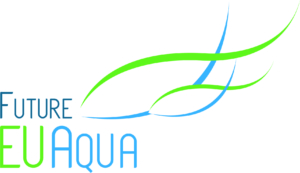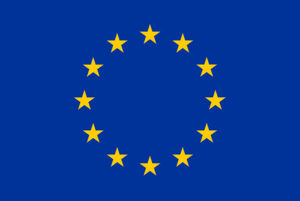On 5 April, Professor Elena Mente, Eva Troianou and Stelios Karapanagiotis talked about the Greek organic aquaculture-FutureEUAqua result at EAStalk.
Professor Mente has more than 20th years’ experience on research in aquatic animal nutrition and physiology and has co-ordinated and participated in many EU and national research funded projects in the fields of sustainable, organic aquaculture. Currently, she is the WP leader on fish nutrition in organic and conventional aquaculture for the future of the European aquaculture (FutureEUAqua_H2020 project). On-going research is related to nutrigenomic and individualising fish nutrition for maintenance of its optimal metabolism and efficient growth performance in aquaculture. She is a member of the sub-group for technical advice on organic production of the European Commission (EGTOP).
Eva Troianou – Eva Troianou is a biologist. She has received her biology degree from University of Ioannina and did a master in Evolutionary Genetics at the University of Edinburgh. She has also worked in the Population Genetics group in IMR in Bergen, Norway. Recently, she has returned to her homeland, Kefalonia, where she works at the Research and Development department of Kefalonia Fisheries, getting involved with national and European research programs.
Stelios Karapanagiotis – Stelios Karapanagiotis studied biology in the Aristotle University of Thessaloniki, Greece. His thesis, as well as internships in the HCMR in Greece and Nord University in Norway, focus on fish physiology and aquaculture.
Since 2019 he is a member of Galaxidi Marine Farm’s Research and Development department, working on the company’s breeding programme as well as EU and National funded projects.
Agriculture and aquaculture play a key role in meeting the EU’s ambition for a carbon neutral Europe by 2050 by reducing greenhouse gas emissions. Organic farming uses a number of management practices that contribute to climate change mitigation, with additional benefits for the environment and biodiversity.
With the European Green Deal, the Farm-to-Fork Strategy and the Biodiversity Strategy, the EU has set targets of reaching at least 25% of the EU’s agricultural land under organic farming by 2030 and significantly increasing organic aquaculture.
However, organic aquaculture ecosystem will require further knowledge on primary production, markets and innovation. Which are the main drivers and bottlenecks? By helping to achieve the EU targets we need to support the sustainable, productive, climate-resilient, healthy organic aquaculture farming system to provide consumers with affordable, safe, traceable food while minimising pressure on the aquatic ecosystem and restoring and enhancing biodiversity.
See the full presentation: EAS webinar ELENA MENTE Greek Organic aquaculture and have a look at the EAS website here.



